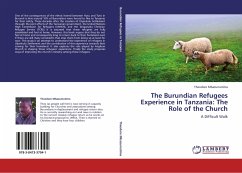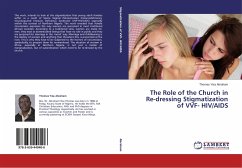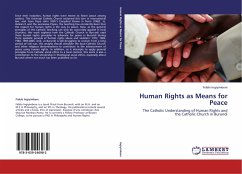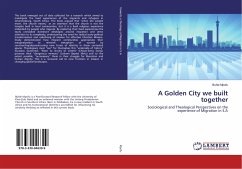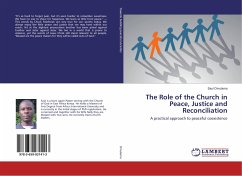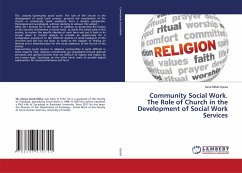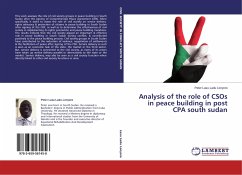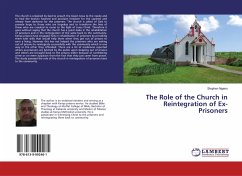One of the consequences of the ethnic hatred between Hutu and Tutsi in Burundi is that around 10% of Burundians were forced to flee to Tanzania for their safety. Three decades after the creation of Ulyankulu Settlement through the joint efforts of the Tanzanian government, the United Nations High Commission for Refugees (UNHCR), and the Tanganyika Christian Refugee Service (TCRS) it is assumed that these refugees are fully assimilated and feel at home. However, this book argues that they do not feel at home and consequently long to return back to their homeland even if there are still many constraints that stop them from doing so-at least for now. This study is an attempt to understand the experience of refugees in Ulyankulu Settlement and the contribution of this experience towards their craving for their homeland. It also explores the role played by Anglican Church in shaping these refugees experience. Finally the study proposes ways of improving the church s ministry among these refugees.
Bitte wählen Sie Ihr Anliegen aus.
Rechnungen
Retourenschein anfordern
Bestellstatus
Storno

